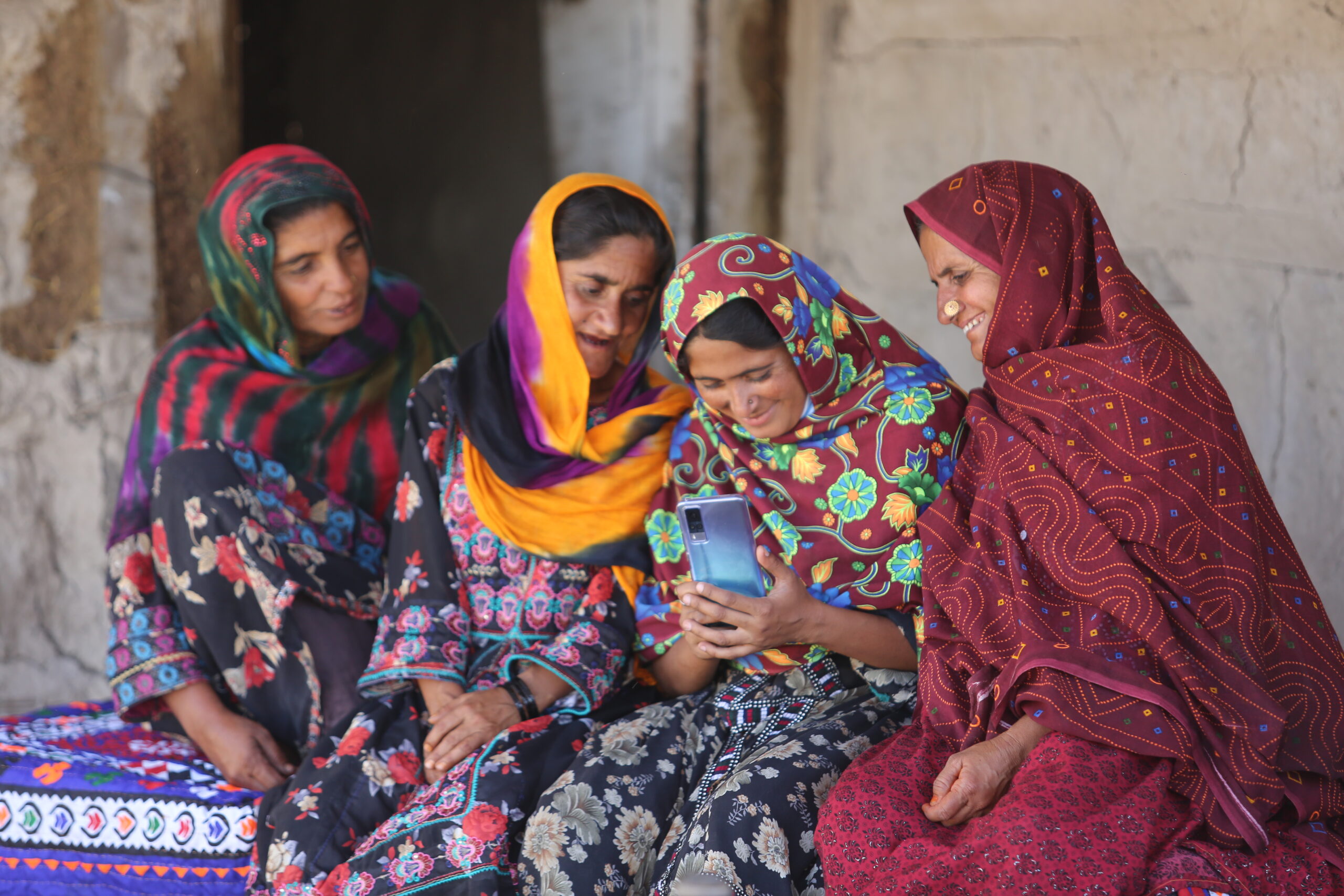The new ITC study presents pathways to make these technologies affordable and available to farmers, boosting their resilience to climate change.
Many climate-smart technologies exist in Pakistan to help farmers adapt to climate change, including both commercially available tools and those developed locally. However, a new report by the International Trade Centre (ITC) finds that uptake of these technologies is restricted, limiting climate resilience.
The main obstacles are insufficient funding for research and development, inadequate information about the benefits of climate-smart technologies, a shortage of finance and a lack of robust support services to reach farmers, according to Pakistan: Climate-smart technologies for horticulture and livestock. The report also identifies a lack of financial incentives for farmers to adopt some technologies – for example, to conserve water.
‘Climate-smart technologies are available in Pakistan [but] few farmers adopt them because of financial constraints and limited understanding about their benefits,’ said ITC Executive Director Pamela Coke-Hamilton. ‘This study offers pathways to make indigenous and commercial climate technologies both affordable and available.’
The report, published as part of the European Union-funded ITC project Growth for Rural Advancement and Sustainable Progress, provides an inventory of available technologies and their suppliers in Pakistan. With a focus on the horticulture and livestock sectors of the Balochistan and Sindh provinces, the report offers recommendations to improve climate technology uptake and enable more regenerative agriculture.
These include creating farmer service centres, developing rental models so technology is more affordable, setting up demonstration sites to train farmers, build capacity and raise awareness, providing finance to eco-entrepreneurs, increasing farmer collective marketing and supporting research in climate-smart cropping practices. At the policy level, the report recommends reforming policies that support water-intensive crops and energy subsidies that exacerbate water extraction.
The report highlights that women lack access to climate-smart technologies, skills and land and are working mainly in labour-intensive roles. Despite this, there are cases of successful Pakistani women in agribusiness.
Source: ITC

